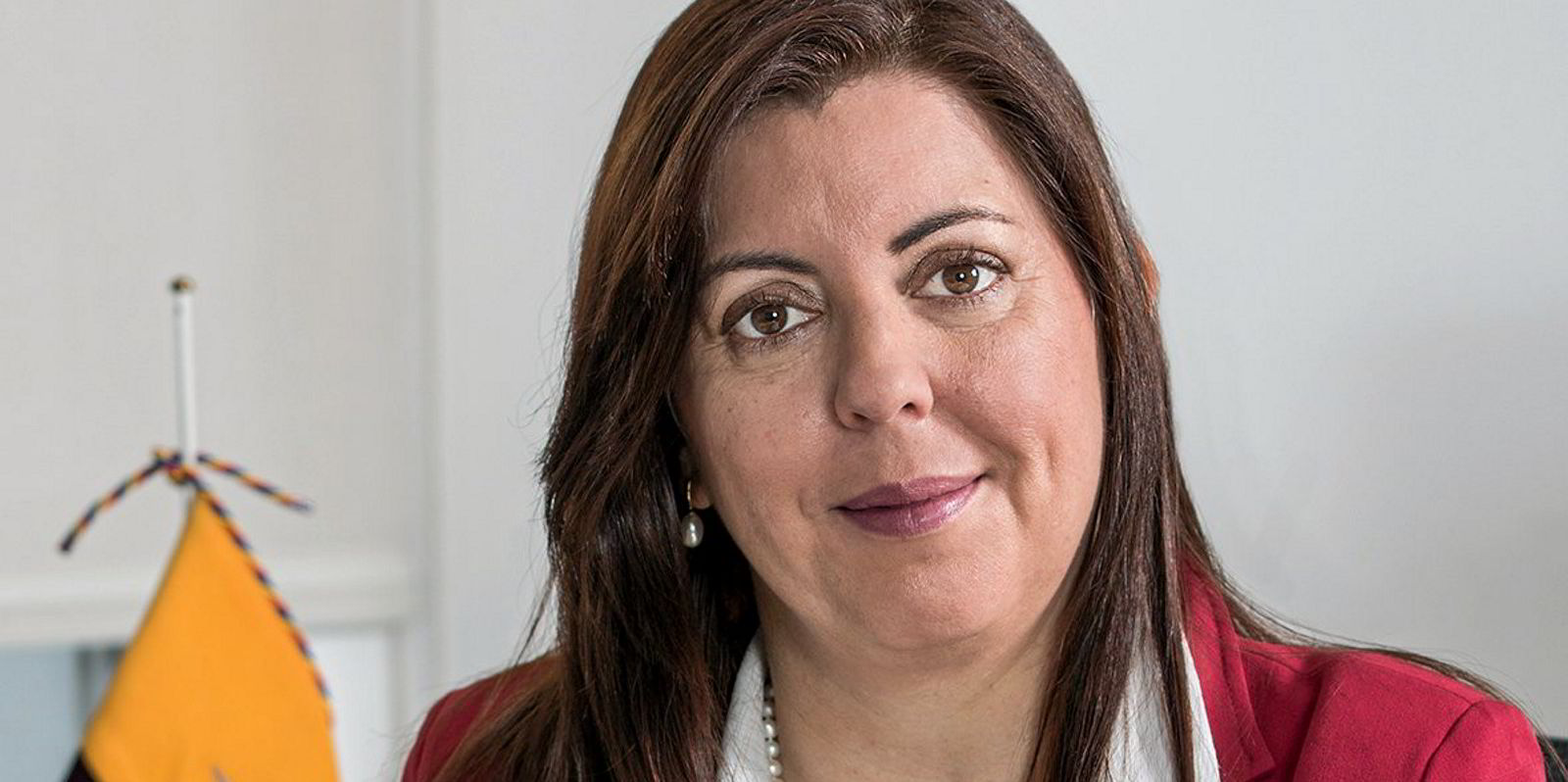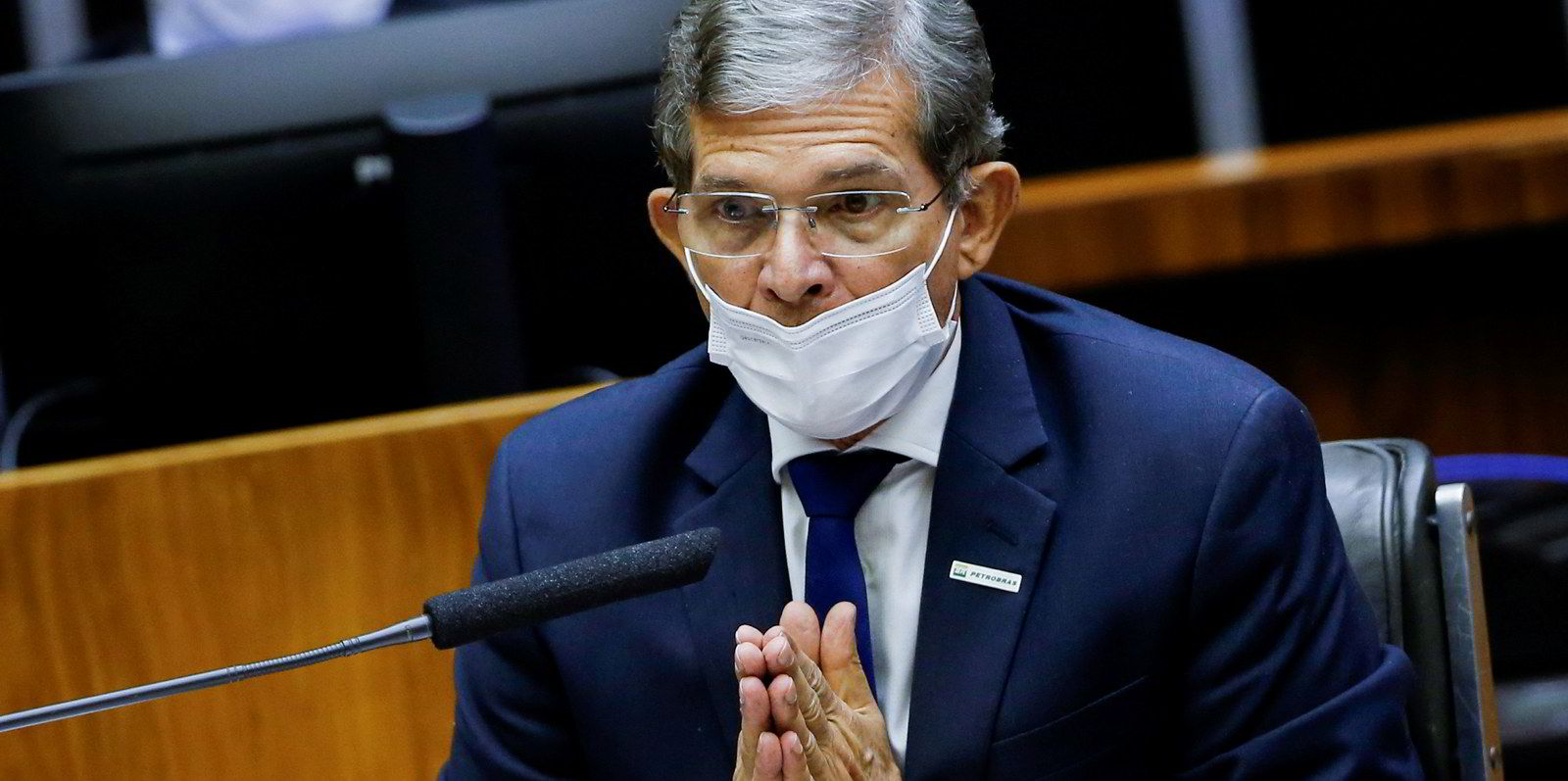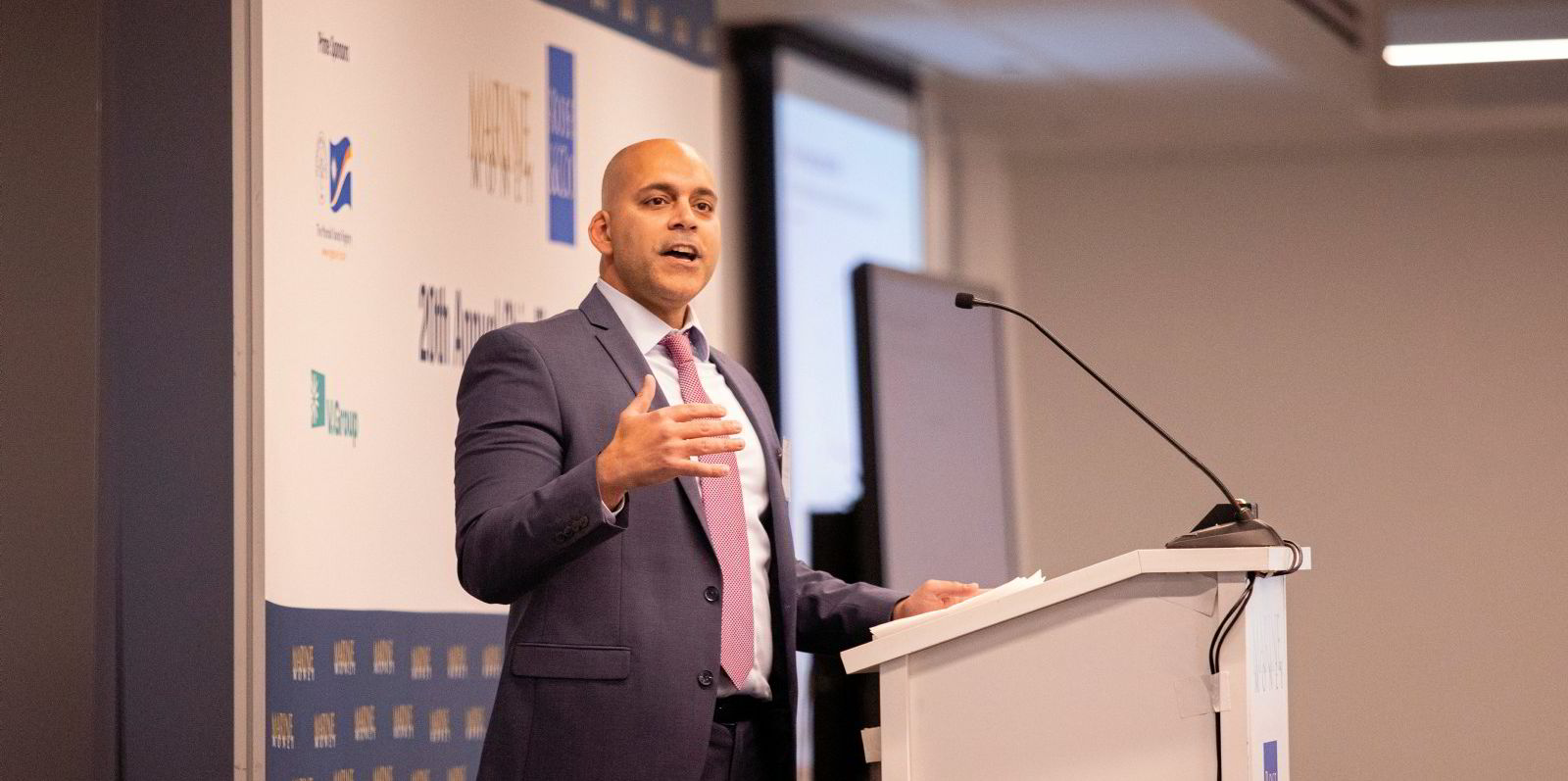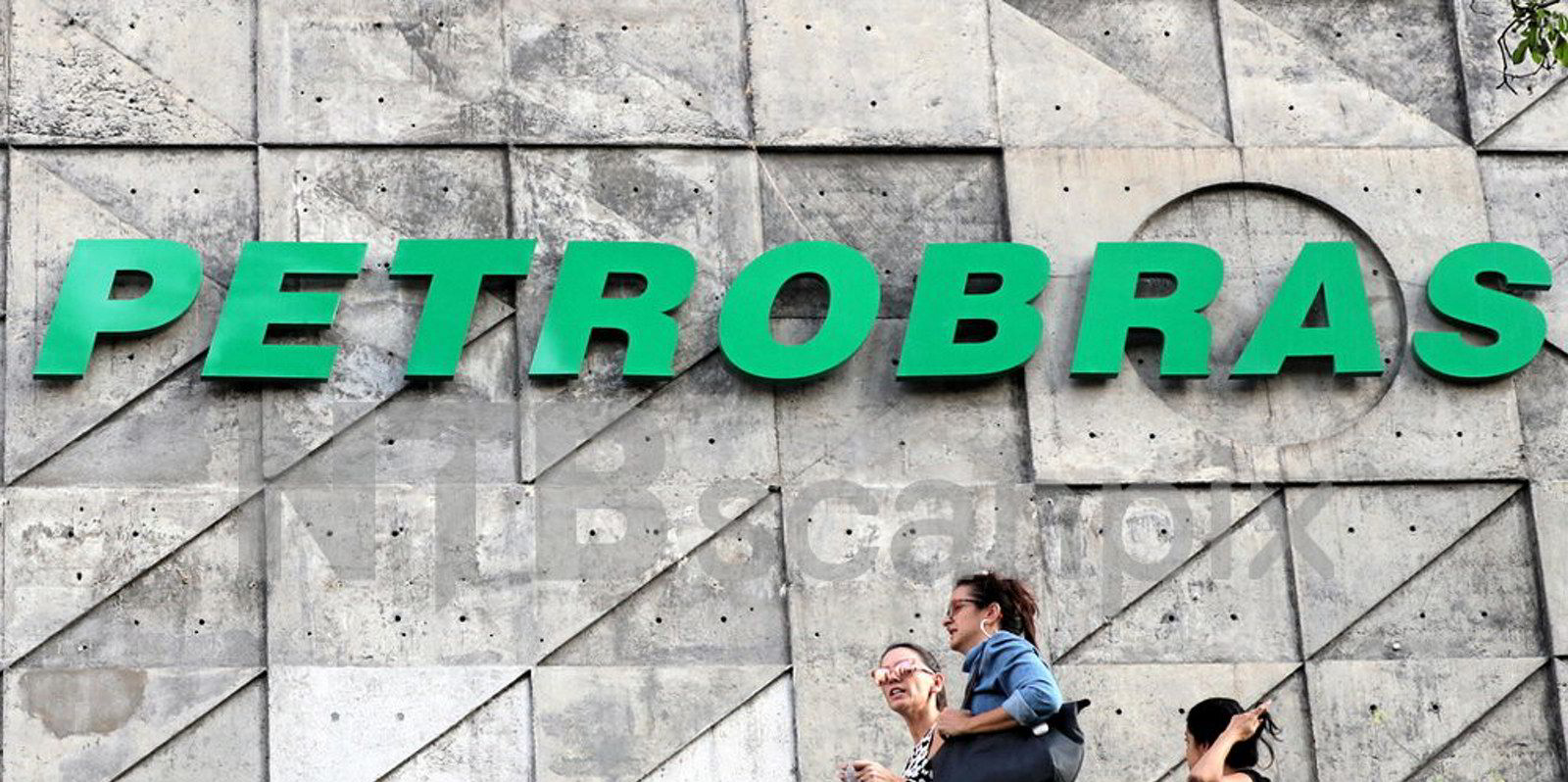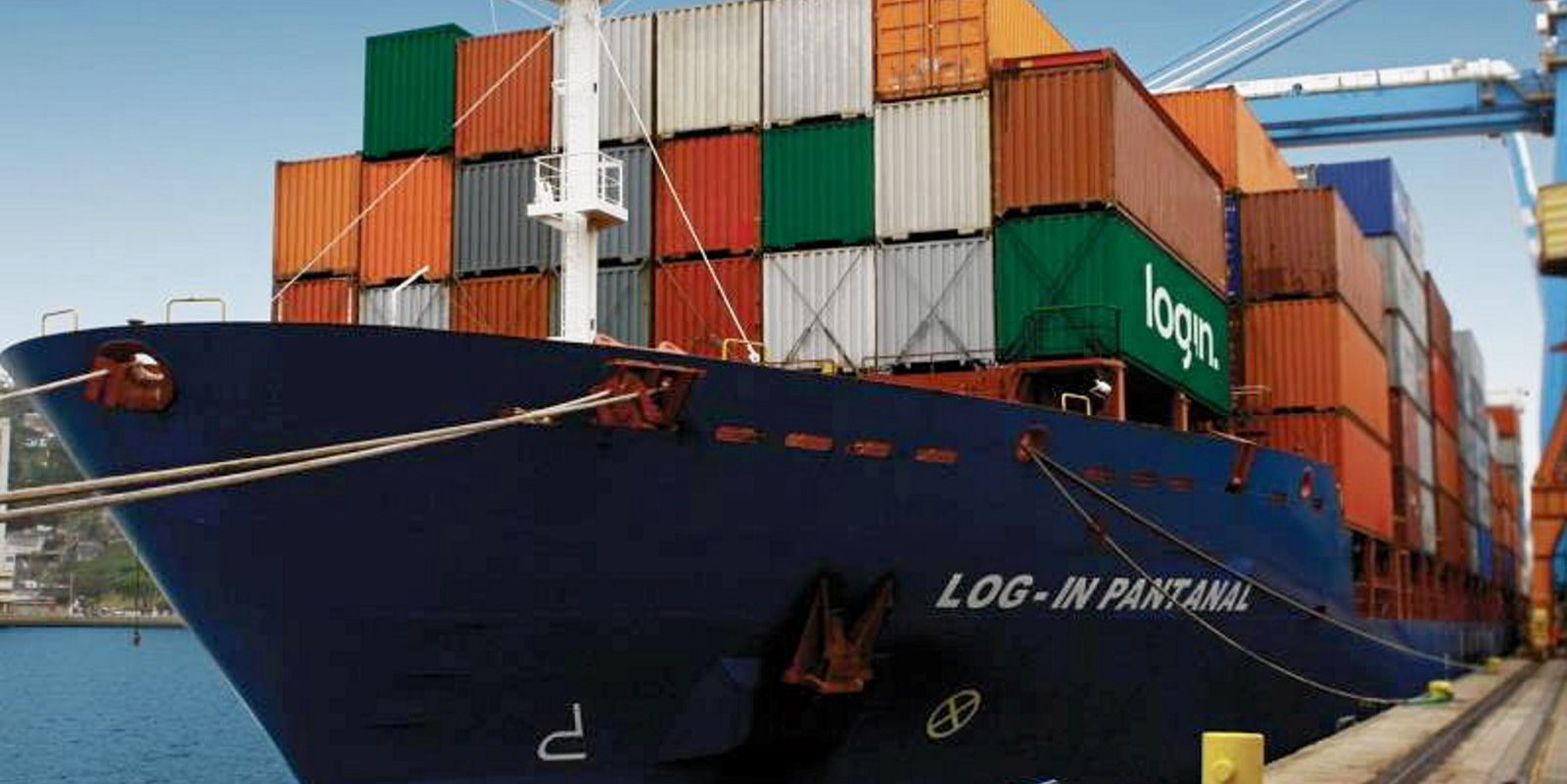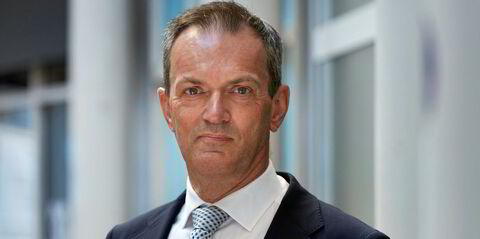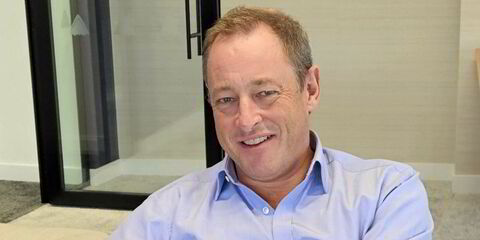When Pilar Ferri Moncayo took the reins at Ecuador's state-owned shipping company in December, she might have expected handover notes from the previous general manager.
But this situation was different.
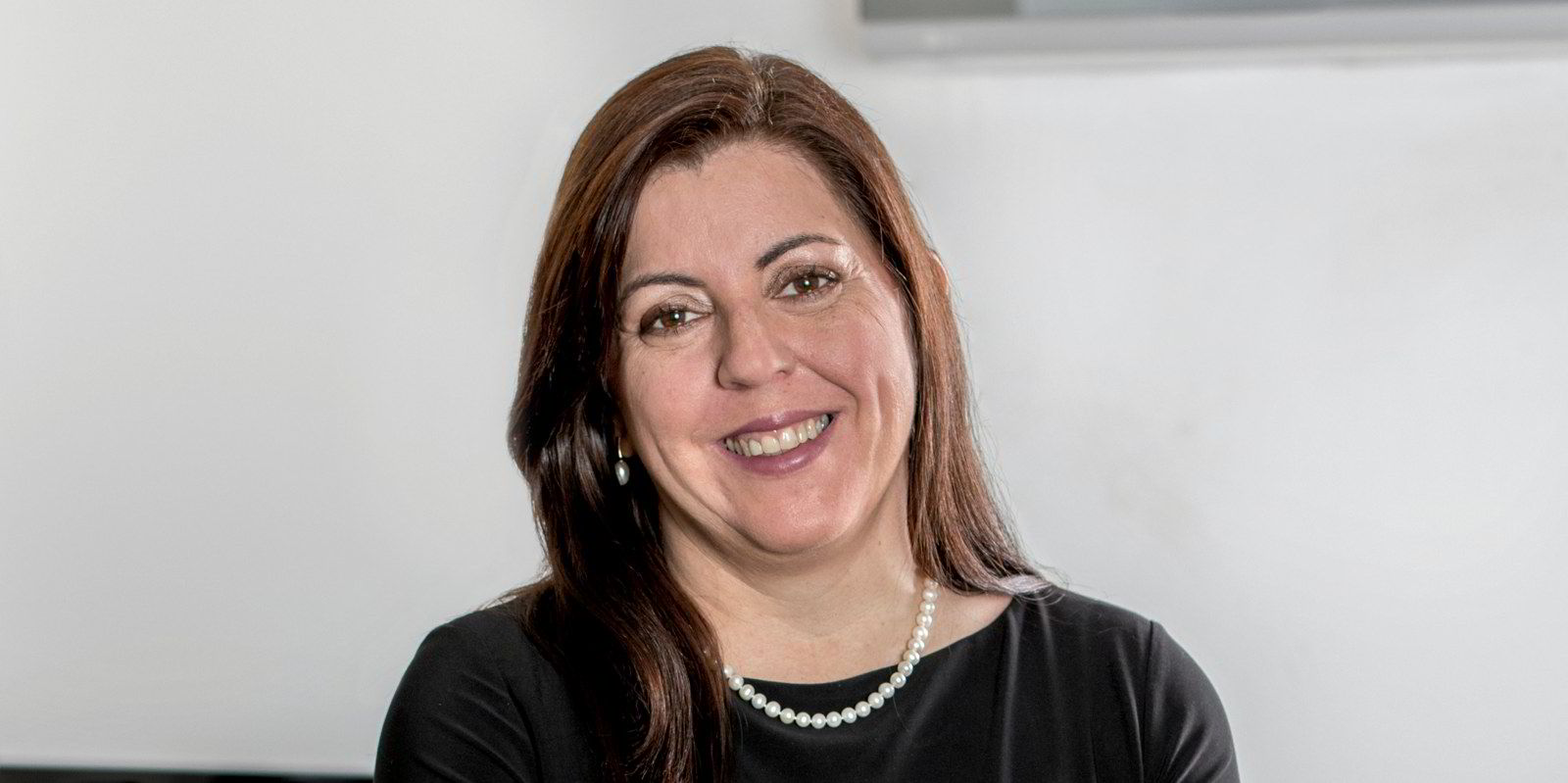
Employment
- December 2020-present: General manager, Flopec
- October 2020-December 2020: Ministerial advisor, Ministry of Energy and Non-Renewable Resources
- December 2019-October 2020: International commerce, Petroecuador
- January 2017-December 2019: Commercial manager, Flopec
- April 2017-December 2019: Head of chartering, Flopec
- January 2015-December 2016: Chartering, Lauderdale Tankers/Cape Tankers
- May 2004-December 2014: Chartering specialist, Flopec
- 2000-2002: Dealer development consultant, John Deere
- 1996-1998: Technical support, El Comercio
Education
- 1999-2000: Master of business administration, Universidad Carlos III de Madrid
- 1990-1994: Bachelor's degree in computer science, Universidad San Francisco de Quito
Ferri took the acting general manager job at Flota Petrolera Ecuatoriana (Flopec) in December after former head Jaime de Jesus Condoy quit to defend himself against what the company described at the time as "a complaint filed against him".
"I didn't get that report," said the executive, whose title is the equivalent of chief executive or managing director.
Therefore, rather than a smooth handover, investigating suspected “irregularities” in deals forged by her predecessor became a part of Ferri’s new responsibilities.
And by early August, the board of directors asked her to take actions aimed at "confirming findings and establishing possible criminal responsibility for contracts, agreements and alliances made between January and December 2020", according to a company announcement.
With no handover report at the start of her tenure, Ferri began by analysing Flopec's operations.
She presented a report to the board's chairman on 31 December, before asking the government auditing division to investigate what she found. Auditors recently delivered a draft of their report and are scheduled soon to hand over the final version, which Ferri said could lead to legal action depending on the findings.
"Last year, unfortunately, many decisions were taken that will affect the company in the next few years," she told TradeWinds.
Among those decisions were the charters for 13 tankers in 2020 on contracts of two to four years at high rates, she said.
She added that de Jesus, for whom TradeWinds could not find contact information, changed the structure of dealings with other companies. Chief among them was the replacement of a partnership with Chile's Ultranav with the Amazonas Tankers pool created with US-based Core Petroleum.
The latter could not be reached for this story because its website and phone number were not working.
"Those decisions weren't very convenient for the company, because a company that was doing good now is facing a lot of challenges, because it's a lot of expenses, and dealing with a new structure is not helping," she said.
Ferri said Flopec is trying to renegotiate the charters, as well as the Amazonas Tankers deal.
Some adjustments
"There are some adjustments that we need to do with them in order to have better results," she said.
The company wants to change the Amazonas Tankers deal, for example, to involve more cargoes outside of Ecuador, since regional or global trading will help triangulate voyages and reduce ballast time.
As Flopec confronts the challenges, the tanker market has not provided any respite, with spot rates caught in a long trough.
In addition to trying to negotiate deals, Ferri said Flopec is working to join a product tanker pool for its vessels in that sector, with three different ones under consideration.
"The three options are the best in the global market, so I think we have very good options for Flopec," she said.
The executive added that Flopec is also trying to reduce expenses.
The company is looking forward to a tanker rate rebound, which could come in the form of a return to seasonal swings this winter.
"I think it's going to improve very soon," Ferri said.
She cited Ecuador’s progress with immunising its population from Covid-19, where new national President Guillermo Lasso delivered on a pledge to have most adults vaccinated in his first 100 days. That has fuelled economic activity.
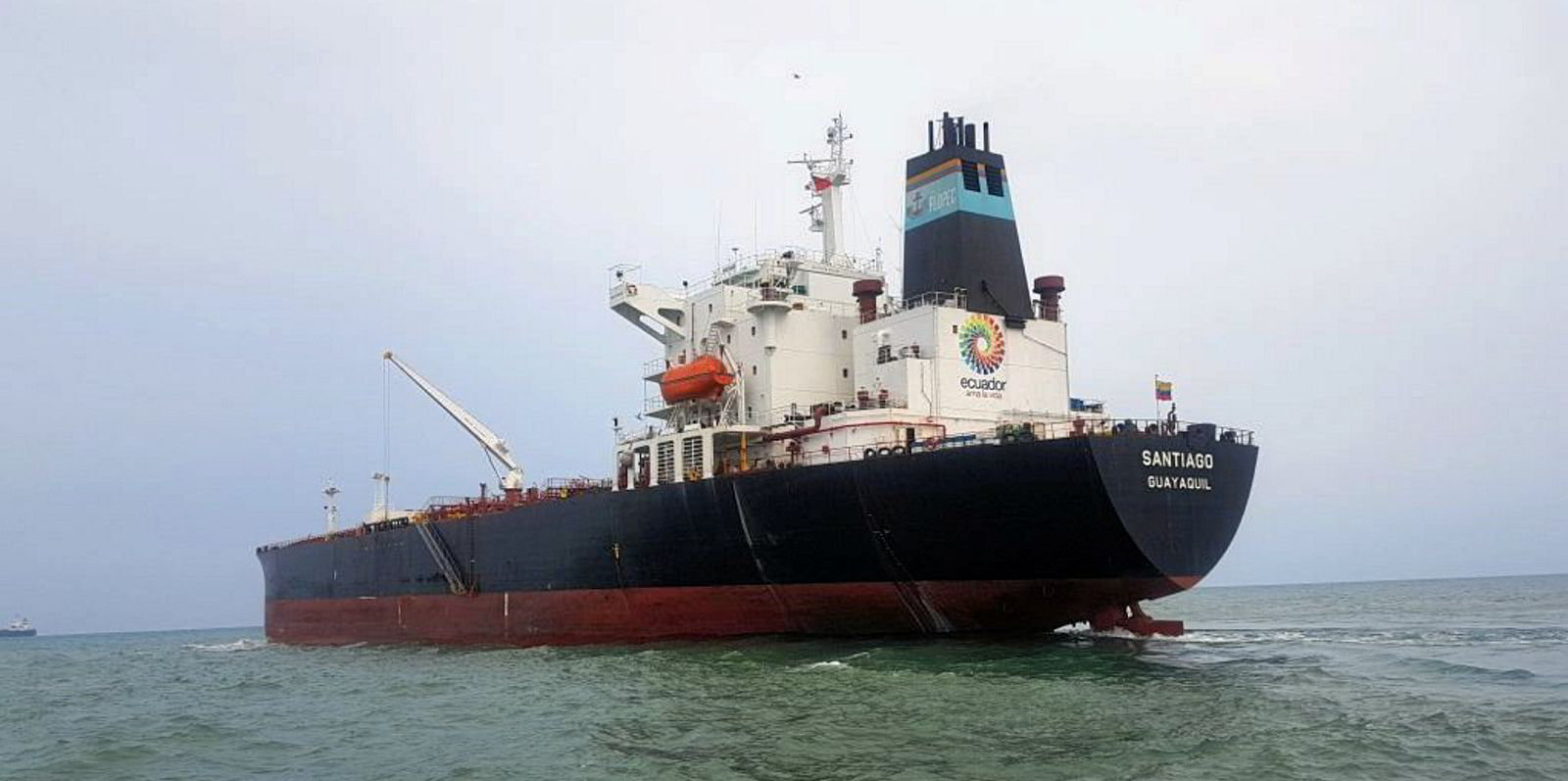
"We are expecting that the same situation happening in our country will start happening in other countries, and the demand for products and hydrocarbons will grow," she said.
She added that the course of the market could be defined in the next three months.
First female leader
Ferri is no stranger to Flopec. She has spent a total of 17 years at the company and became the first woman to lead the organisation in its near 50-year history when she rejoined it to take over from de Jesus.
When she started her first job at the company, it was not because she was drawn to shipping.
She began her career in IT, with her first job at Ecuadorian newspaper El Comercio. A career in IT was not for her, so she got her master’s in business administration in Spain.
She then worked at machinery giant John Deere in a role that leveraged her technology skills with her new knowledge in business administration.
Upon her return to Ecuador, an opportunity to work at Flopec emerged in 2004. In a crash course in shipping, one of her first tasks was to help sell three older vessels in the Flopec stable, under the guidance of a boss who helped her gain technical knowledge.
It was up to Ferri to clear sale-and-purchase brokers to help with the transaction, which turned out to be a learning experience.
The deal to sell the 23-year-old vessels through an open tender involved a mountain of regulatory paperwork — more learning for the shipping newcomer.
"They were bought by a Greek owner and he was so happy with the ships that he said, 'Any time that Flopec wants to sell another ship, you let me know. You keep the vessels in very good shape'," Ferri recalled.
She went on to work on another project to buy aframaxes, before turning to the chartering department.
Learning experience
In chartering, she had to learn the art of negotiation — how to make arguments that will get Flopec a better rate in a fixture.
"What I like most about this job is every day you learn something," she said. "It’s a continuous learning experience. You are always growing."
Ferri was involved as the company vaulted into a much larger tanker operation with the creation of Panamax International, a pool with Chile's Ultranav and US-based Overseas Shipholding Group (OSG).
"We changed from a fleet of four ships to 20 ships, so we were able to cover a lot of cargoes," said the executive, who described the joint venture as still performing well.
"It was a lot of work in the chartering department."
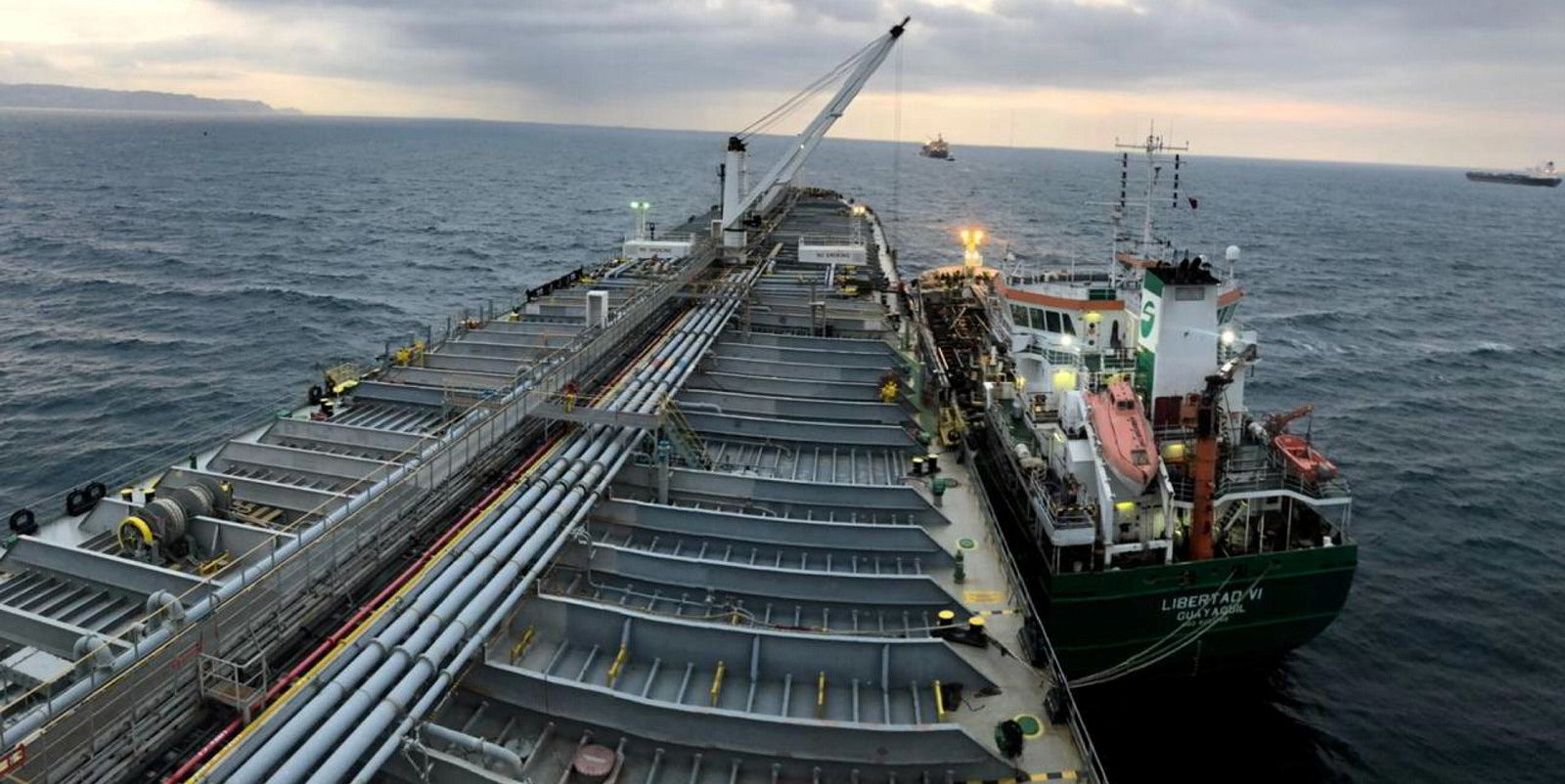
Then, in 2012, Flopec transitioned from an arm of the navy to a company owned by the civilian government. It was a challenging time, with general manager Danilo Moreno Oreas brought in from the cement industry.
"It was a difficult transition," she said.
But Ferri said Moreno did a good job of learning the shipping business, as the company pursued a period of growth.
Twice returned
Despite falling into shipping, Ferri ended up staying at Flopec for a decade.
"It felt so good to be in the business, doing what I was doing, that I didn't consider looking for another job," she said.
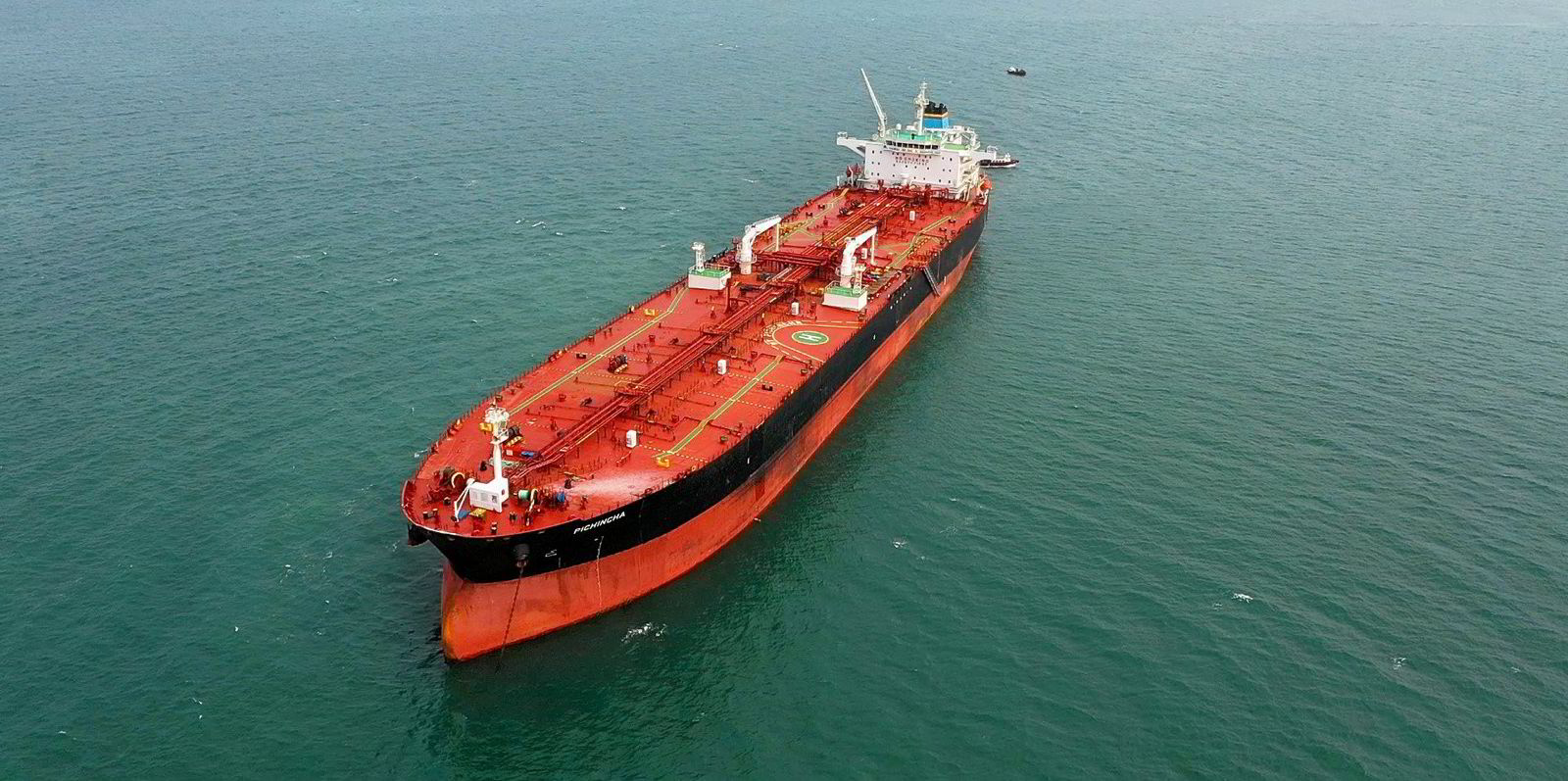
Flota Petrolera Ecuatoriana is an owner and operator of tankers, in addition to other vessels, that is owned by the government of Ecuador.
- Headquarters: Esmeraldas
- Founded: 1972
- Annual revenue: $603m (2020)
- Fleet: 61 tankers, including owned and chartered ships
She did eventually leave Flopec twice — but was not away for long.
She worked at Panamax International pool manager Cape Tankers in Miami for two years from 2015, where she experienced chartering free of the extra paperwork associated with working at a government company. After the stint in Florida, she returned to Flopec as head of chartering.
In a second departure from the company, she worked at Petroecuador, the Opec country's government-controlled oil firm. But her shipping experience led her to be called back to Flopec following the departure of de Jesus.
While there had long been good gender balance in the chartering department, she acknowledged that, like the shipping industry in general, Flopec is a mostly male company and it might have been difficult for employees on board its ships to have a woman as their general manager.
"But it was quite surprising how well they reacted and how they have supported me in this experience," she said.
Ferri said it helped that she was well known in the company, and she had female leaders such as International Seaways chief executive Lois Zabrocky, whose company inherited OSG’s role in Panamax International, to look to as examples.
Future plans
Looking forward, Ferri said she has prepared for Flopec's board of directors a proposal to purchase vessels to replace three of the company's elderly product tankers: the 68,439-dwt Aztec (built 2003), and the 45,274-dwt Santiago and Zamora (both built 1999).
She said the company does not want to build new ships because it will take too long, since she would also like to part with the older trio before they have to be dry docked.
Among a total fleet of 61 tankers that includes ships on time charter or other commercial arrangements, Flopec owns six tankers outright and has a minority stake in another six Tsakos Energy Navigation vessels.
Growing the owned fleet beyond that is not currently on the agenda. Ferri pointed to the last time Flopec wanted to make an investment in tonnage a decade ago: Ecuador's president instead ordered the company to focus on financing a $300m LPG terminal.
"That was the money we were going to use to buy ships," she said.
Now, after 10 months with Ferri at the helm, government officials who make up the company’s board of directors are preparing to bring in an outside candidate to take Flopec’s top job permanently.
Ferri said she would have had to first quit her own full-time position as head of chartering to be a candidate for the permanent general manager role.
"It's been very challenging," she said of her time as acting general manager, though she noted that she likes tackling challenges.
She acknowledged that she is now evaluating her future with the company that has been the centre of her shipping career.
"It's maybe a circle that I have to close," she said.
Advice to the young
As she looks towards the end of her role in the general manager’s chair, TradeWinds asked Ferri what advice she could give for those who were in the position she was 18 years ago as a newcomer learning a new industry.
"It’s important always to do what you believe is right," she said.
"If you don’t agree with something that is being done, say it, and go with what you think is good."
While here time at the helm has been challenging, she concluded with a positive review of the government-owned operator.
"Flopec is a good company," she said. "People love the company, and they like to work here."
